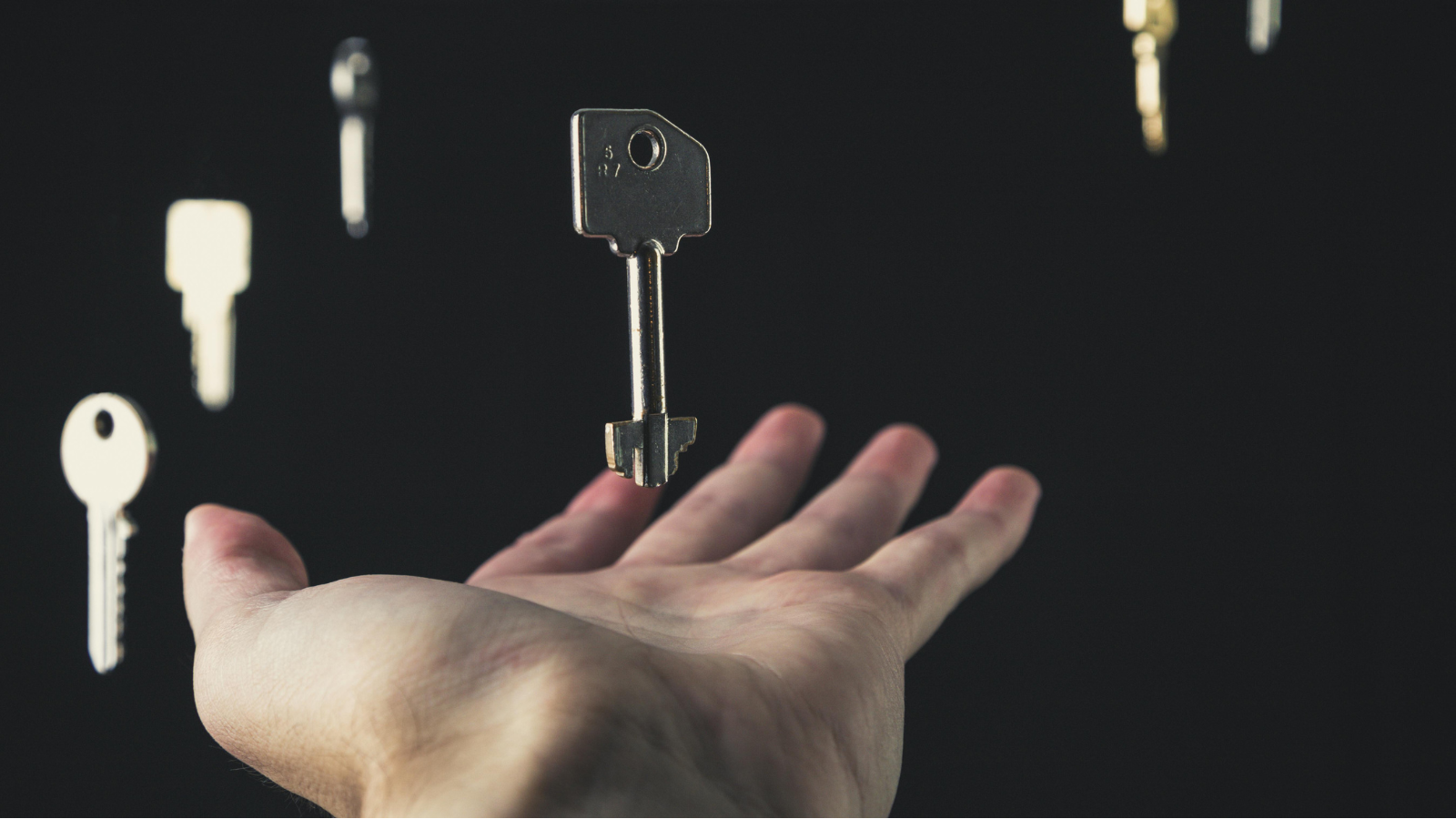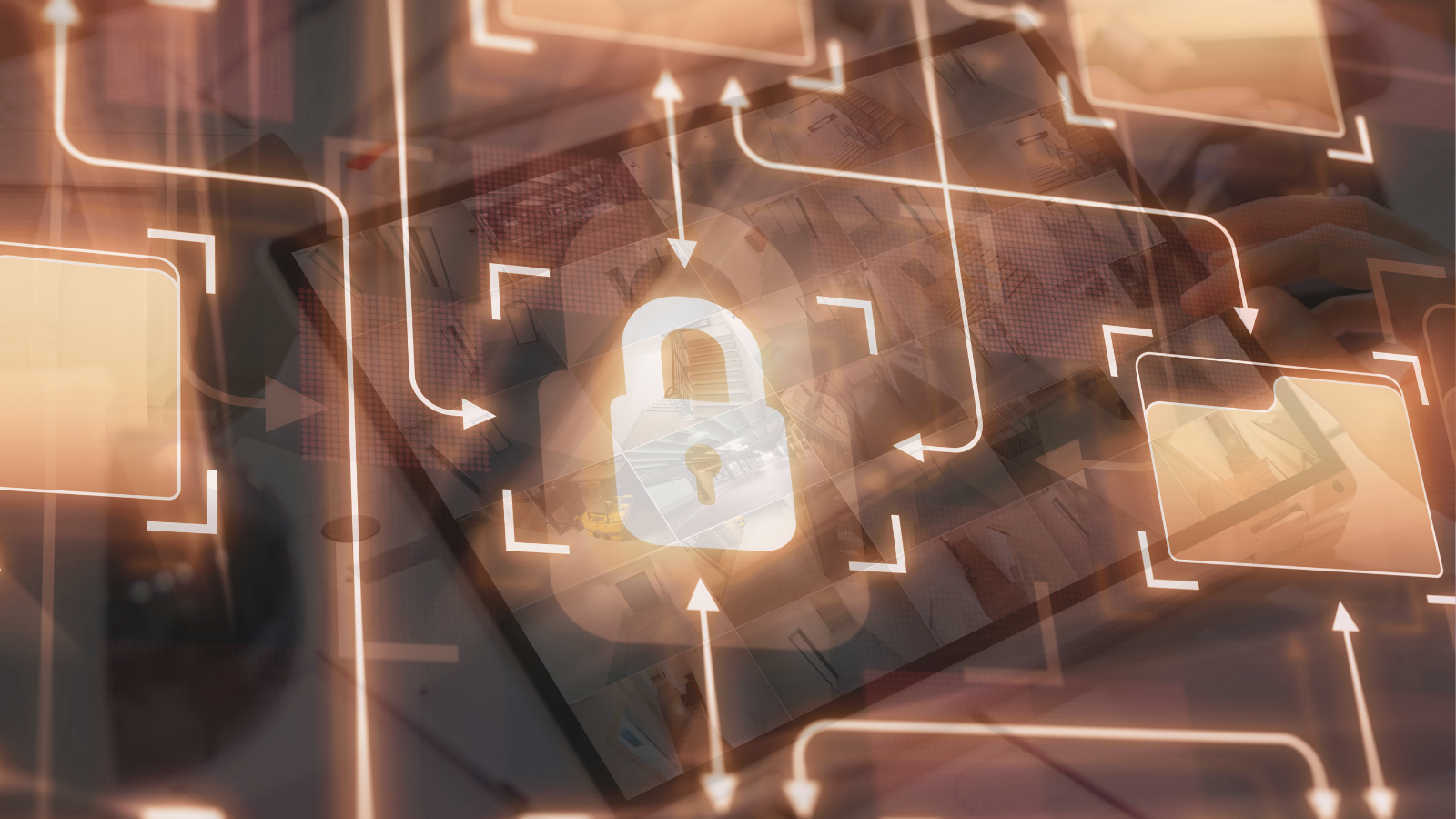What factors influence a company’s decision to work with one vendor over another? What distinguishes one security integrator from another? These are just some of the questions that a security director might ask when selecting a security integrator.
With 88% of U.S. businesses now experiencing more physical security threats than in previous years, business leaders are rightfully focusing on their organization’s physical security.
When it comes to selecting the right integrator, security leaders are searching for cost-effective solutions that are professionally implemented, installed, and maintained. However, the integrator selection process can be overwhelming if you don’t take a thoughtful approach from the very start.
In order to help you in your search, we came up with five factors (5 Ds) that security directors consider when evaluating a physical security integrator:
1. Digital presence
Let’s be honest, if a colleague told you about an amazing security integrator and you visited their website only to find outdated information, you would quickly lose interest. While this may not be the most important factor, a security integrator’s digital presence is a key factor because research suggests that 94% of B2B buyers research online before selecting a vendor.
As a security leader, here are some questions you should consider regarding a prospective security integrator’s website:
- Does the website highlight the integrator’s expertise?
When selecting a security integrator, you are looking for specialized expertise that no amount of marketing can compensate for. On their website, you’re looking for detailed team bios, including background, experience, recent projects, professional association, and other testimonials. - Does the website showcase educational content?
When visiting your integrator’s website, look for information related to your problems and evidence of their expertise on the issues that matter most to your organization. Usually, a security integrator will have a resource section on their website with relevant information, including a blog, e-books, newsroom, and videos. - Will the website be a resource moving forward?
When selecting a security integrator, you’re not just looking for another vendor, and you want a strategic partner that you can rely on for guidance and insights. Thus, the website should be welcoming, accessible, and supportive.
2. Differentiation
Security integrators seek to set themselves apart from the competition by emphasizing what makes their service unique, but at the end of the day, you must choose the integrator that provides the best value for your company.
Differentiation is a subjective matter and each organization has its own set of challenges and requirements but here are four differentiating factors to consider:
- Reputation- In most cases, a stellar reputation can be a trusted indicator that a vendor is reliable, trustworthy, and operates as a professional business.
- Product or platform – Read their product overview and request a demo.
- Service-Companies with a reputation for exemplary customer service will more than likely take good care of you.
- Price-Your goal should always be to get the maximum value for the lowest possible cost.
3. Dependability
Dependability or the quality of being responsible and reliable are important factors to consider when evaluating a prospective security integrator.
By definition, a security integrator specializes in bringing subsystems into a whole and ensuring that those subsystems function together. To accomplish this, you’ll need a dependable partner.
The most capable security integrator is a full-service provider capable of supporting your operations in every phase of the security system lifecycle. Security integrators should be capable of providing:
- Security risk assessments and comprehensive reports
- System integration and design of security systems
- Broad access to leading product lines
- Custom solutions when required
- Full lifecycle service and maintenance
4. Delivery method
Experienced and dedicated security integrators will ensure a quality and unobtrusive security integration, delivered on time and on budget while providing answers and solutions to any query or request.
When evaluating multiple security integrators, be sure to understand the delivery method of their offerings. By asking these questions, you will have a bird’s eye view of what to expect upon signing an agreement.
- Will you have a single point of contact, or will the person providing your proposal be different than the one managing the project?
- What will the onboarding and ongoing management of the project entail?
5. Direction
Physical security is continuously changing to meet current business needs and address evolving threats. That’s why you want an integrator that promotes innovative solutions and stays up to date on the latest security issues. In short, an integrator that provides support, guidance, and clear direction.
Rolling out security solutions needs extensive logistics, technical expertise, quality assurance, and training — there are many moving pieces, and the stakes are high. Security integrators offer direction by:
- Assisting customers with budget planning.
- Helping end-users resolve administrative issues.
- Introducing innovative technology solutions to improve efficiency and mitigate risks.
Conclusion
When it comes to selecting a security integration partner, there’s a lot more to think about than simply the security solutions they offer – it’s also about how they connect with you as a client, how proactive they are with assistance, and the degree of customer service they provide. SiteOwl assists security integrators in streamlining their operations so that they may provide a better customer experience.
With multiple systems comes the chance to increase efficiencies. SiteOwl helps security directors confidently manage their physical security systems by reducing system downtime, the total cost of ownership, and mitigating risks and security gaps.
Click here to schedule a demo with our team and learn how our platform can help you deliver better projects even faster.

Su Subburaj
Su is SiteOwl's CMO and leads all marketing and communications. Su has extensive strategy and management consulting experience and previously consulted for 3Sixty Integrated where she gained an in-depth understanding of digital transformation challenges in the physical security industry. When not working on strategies to expand SiteOwl's footprint, Su enjoys bad karaoke, weightlifting and traveling.




